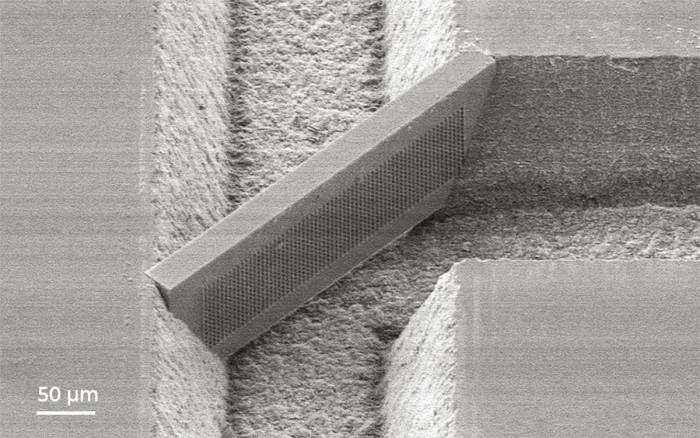A hybrid-fabrication approach using femtosecond laser ablation and multiphoton polymerization is applied to produce complex lab-on-chip devices. For example, a microfluidic macromolecule separator is produced for new drug development and production and a liver-on-chip as an in vitro liver model is also produced. The combination of selective laser etching and multiphoton polymerization allows for convenient prototyping of fully functional devices with high resolution and arbitrary geometry filters. This approach offers the possibility of combining glass and polymer components freely during the manufacturing process and simplifying the fabrication workflow. The devices can be used in biomedical research to form complex cellular architecture and manipulate cell-to-cell interactions.


